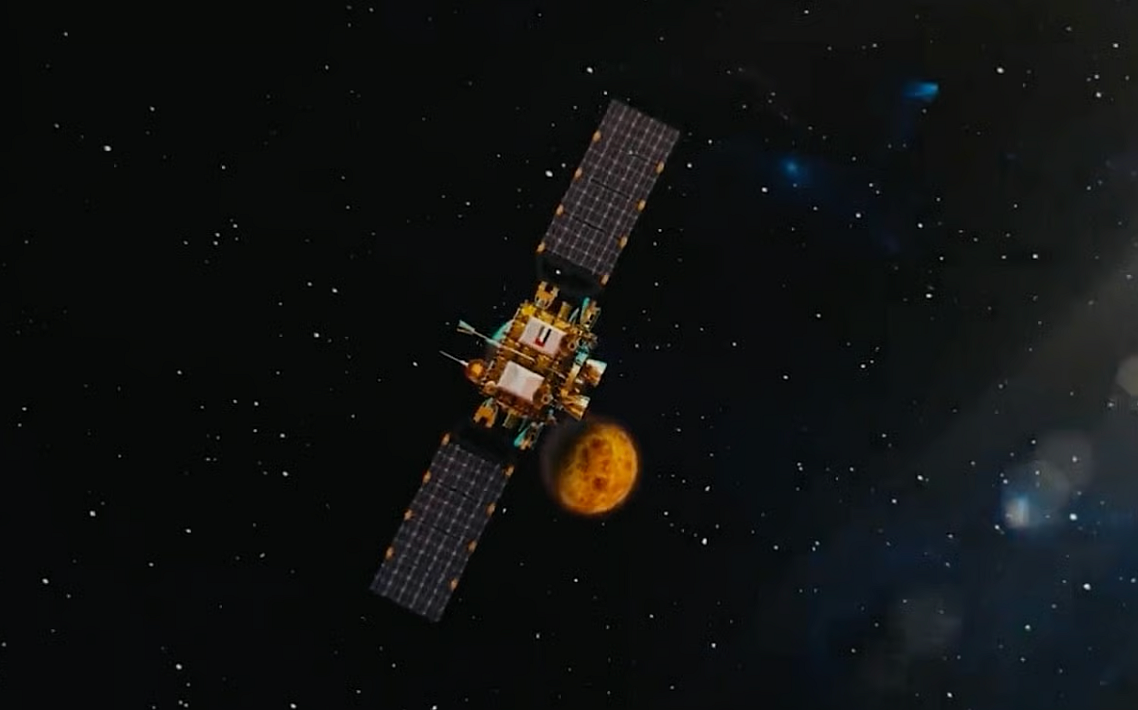
From Obscurity To Orbit: Space Law Gains Momentum In UAE As Sector Expands Khaleej Times
Once a niche and little-known academic field, space law is rapidly gaining traction in the UAE.
Experts highlighted this trend during a session titled, Forging new frontiers through global partnerships, on Day 2 of the Dubai Airshow.
Recommended For YouSalem Butti Al Qubaisi Director General at UAE space Agency emphasised that is driven by the country's fast-growing space ambitions and a new wave of interest among youth and universities.
Stay up to date with the latest news. Follow KT on WhatsApp Channels.
As the UAE charts its next steps - including ambitions toward the Moon - experts underlined that space law will be essential in guiding political, commercial and international cooperation.
Butti pointed out that the discipline has moved from obscurity into mainstream curricula, marking a key shift in how the region prepares for the future of the space economy.
Meeting new industry needsThe UAE's expanding space sector has triggered a ripple effect across higher education institutions, with universities rushing to introduce programmes that respond to new industry needs.
“We saw a lot of engagement from universities to take part in developing new disciplines that they are teaching that is related directly to space,” he official.“For the first time, space law - a discipline that was maybe not so famous - is now taught and has a degree in one of our universities.”
Mike Gold, President Civil and International Space – Redwire Space added,“I always say the engineers have the easy job. There's no rocket equation for politics or commerce - the lawyer has the tough job.”
Inspiring the next generationOfficials underlined that this shift is being propelled by the growing visibility of astronauts and the inspiration they bring to young people.
One initiative, similar in spirit to earlier Russian Space Center programmes, regularly opens astronaut schedules for student engagement - something currently done in the UAE.“It's aligned with many of the initiatives that our leadership has for the Arab group,” Butti said. These interactions, he noted, have had a powerful effect on youth.“They see the impact that reaching space needs a lot of work. They need to be ready to sacrifice, gain a lot of knowledge, and empower themselves if they want to partake in the space economy.”
The result is a surge in demand for skills that go beyond engineering - including governance, regulation, policy, and legal expertise. As countries invest in lunar missions and prepare for complex international collaborations, legal frameworks around space activity have become increasingly critical, pushing universities to innovate.
Officials highlighted how this evolution is already shaping career aspirations across the region. Gold recalled visiting Riyadh, where a Saudi astronaut was stopped repeatedly for photographs.“It shows how inspirational these figures are - and how that translates into real interest in the workforce of the future.”
Other experts also underscored how space has shifted from being a nice extra or a 1960s-style moon race to something essential to daily life.
Chris White-Horne, Deputy CEO- UK Space Agency said,“Space is no longer a luxury, a novelty, or just a race to the Moon. It has become a critical part of modern society. It brings immense benefits, but also new vulnerabilities and threats. As a global community, we have a shared resposibility to address this - it's not 'them,' it's all of us working together to find the solutions.”

Legal Disclaimer:
MENAFN provides the
information “as is” without warranty of any kind. We do not accept
any responsibility or liability for the accuracy, content, images,
videos, licenses, completeness, legality, or reliability of the information
contained in this article. If you have any complaints or copyright
issues related to this article, kindly contact the provider above.
















Comments
No comment